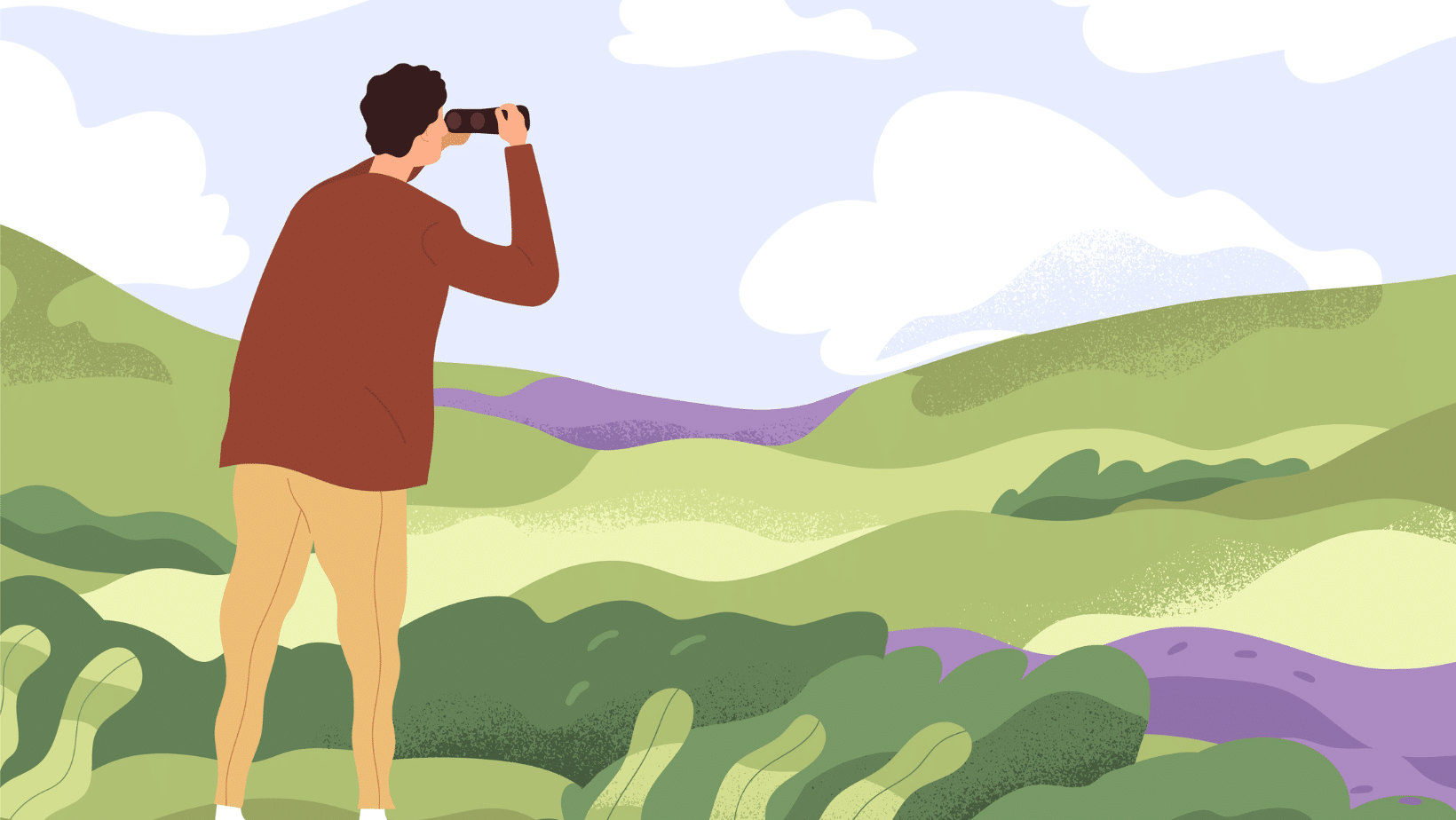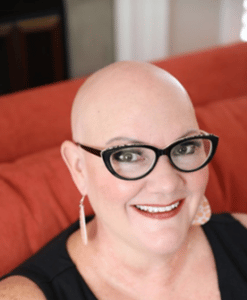
We all face adversity at some point(s) in our lives. For many of us, the first thing we do is feel awful. That’s understandable. But what can you do after that? Can we learn to see our pain as it leads us into a new passion, project or even a more meaningful purpose?
I believe it is possible. I’m working on that plan for myself. Along the way past pain – through the forest of suffering, grief, and loss – I came to find a new reason for being and a new way to look at the changes in my life brought on by chronic pain as a “gift in disguise.” I want to share some of those ideas with you in three ways to help you to see the bright-side of living with pain.
1. Where there’s Pain, there’s Purpose
When you lose something, a relationship, or a skill you can no longer do due to your pain or illness in life, it upsets you and is very painful in a different and an emotional way. This is because something meaningful has been taken away. Sometimes your pain points to what you value. So the gift of pain can sometimes be found in realizing what IS important to you, learning how to nurture and cherish it in a new way, or to find methods to help others who face a similar fate. This fosters a deeper desire to connect with others, and a compassion for those going through a similar experience in their lives. You might volunteer, do a project, write a book, or start leading support groups. You manage to find a sense of meaning in what’s happened. A new you.
2. Learning Lessons
Think about what you might have gained or learned from a past experiences with pain. Has the change led you to meet different people who enrich your life, or allowed you a new sense of calm or permitted you to put a new boundary in place to protect yourself? I have learned many lessons from adversity and each time I try to remind myself to be grateful. Although the experience was usually unpleasant, I’ve learned more in hindsight and usually haven’t made that same mistake again. Think about your past adversity and painful experiences and what lessons you might have learned. Sometimes the new lesson can be a gift, though not always wrapped up tight with ribbons and bows.
3. Building the Skill of Acceptance to Achieve Peace
When things go wrong and we don’t accept them, we feel a lot of pain. When our life and its plans go off track, we can struggle. Finding acceptance is hard. But it’s a skill we can learn to build over time. We can begin with small things. You spill some milk. Your partner forgets to do something. Learning to accept is one of life’s greatest skills, and when things go wrong, it’s a chance to practice that skill. Sometimes over and over. You may never perfect it, but you can get a little bit better each time. Try to develop acceptance by just noticing your emotions in your body when something goes wrong, and just become curious of them rather than trying to immediately react to them which can often cause you pain. This curiosity can be a powerful tool to bring acceptance into your life, especially of the things you can’t change. There is a great deal of comfort and peace to be found when we really understand what we can and cannot control and find better coping mechanisms to face the pain.
Life can often not go according to our plans. But remember, when this happens, it’s not all bad. You can do or learn something good as a result. This is one of many different perspectives we can take as a response. The ability to be flexible and see things from different point of view and to look for the upside of even the most painful experiences can help you to see challenges as an occasional gift in disguise.
–Christie Cox
About the author, advisor, and advocate:
 Christie Cox was always bendy and sometimes witty. It wasn’t until she was properly diagnosed with Ehlers Danlos Syndrome at 48 years old that she understood her quirkiness. Following decades of unrecognizable and untreatable health issues, since learning of her condition she has gone from being disbelieved to determined. Ms. Cox now devotes her focus, energy, and passion to supporting others facing a similar fate.
Christie Cox was always bendy and sometimes witty. It wasn’t until she was properly diagnosed with Ehlers Danlos Syndrome at 48 years old that she understood her quirkiness. Following decades of unrecognizable and untreatable health issues, since learning of her condition she has gone from being disbelieved to determined. Ms. Cox now devotes her focus, energy, and passion to supporting others facing a similar fate.
She lives outside Washington DC with her husband, John, and their dog, Rodeo. When she isn’t busy researching solutions to chronic health concerns for herself and her clients, she loves being in nature and enjoys the outdoors.
Christie also facilitates the U.S. Pain Foundation’s mindfulness meditation support group.
To learn more about Christie, or to access her free patient resources and to engage with her inspiring patient health advocacy, visit her business website at www.journey2joyous.com.
Subscribe to our newsletter
U.S. Pain Foundation is a 501 (c)(3) nonprofit organization dedicated to serving those who live with conditions that cause chronic pain, as well as their caregivers and care providers. Learn more.
Our Sponsors
U.S. Pain Foundation relies on the generosity of donations and grants. We are especially thankful to our Corporate Council for sustaining our programs and services year-round. Learn more.
Contact Us
U.S. Pain Foundation, Inc.
15 North Main Street, Unit 100
West Hartford, CT 06107
Telephone: 800.910.2462
Email:
contact@uspainfoundation.org
Tax ID number: 26-2703521
All Content Copyright 2021 | All rights reserved. U.S. Pain Foundation is a qualified 501(c)(3) tax-exempt organization. Disclaimer
